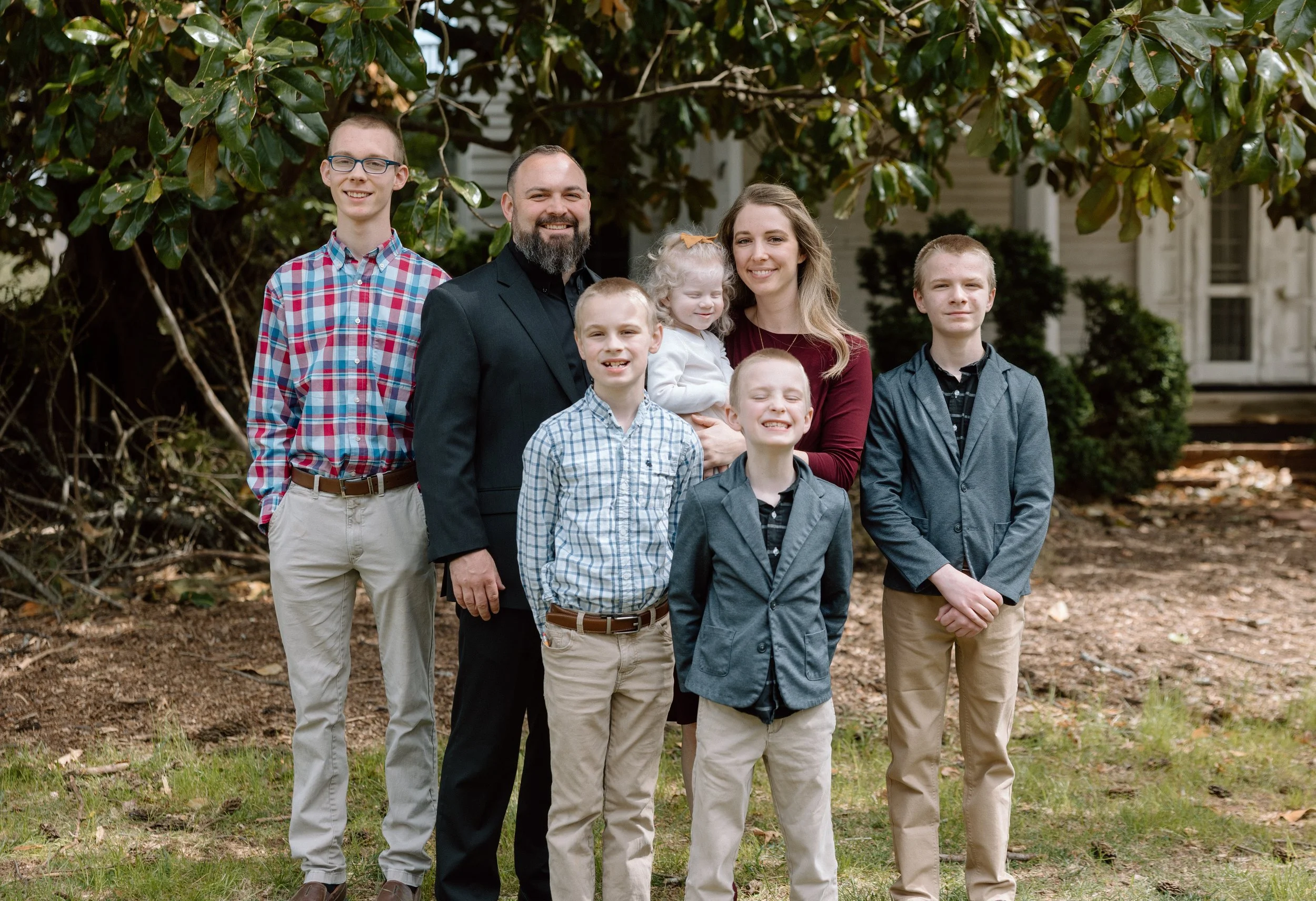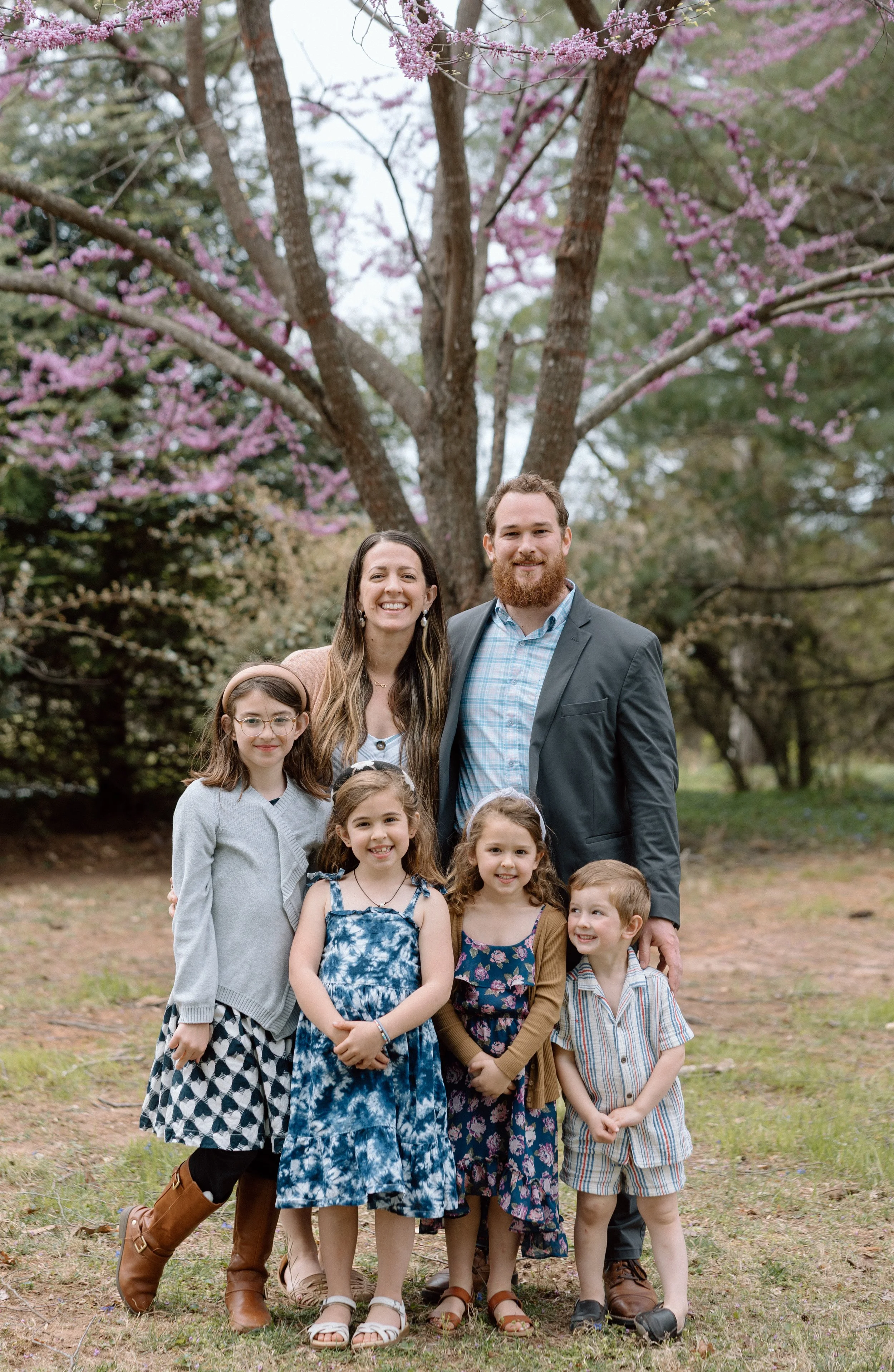Our Vision
We are in alignment with the ancient creeds and the historic confessions of Reformed theology. We believe in the centrality of worship, the primacy of Scripture, historic Christian liturgy, the growth of the Kingdom of God, raising godly covenantal children, preaching to the lost, serving the poor and needy in our midst, creational differences between men and women, Christian education, and the criticality of a daily and faithful walk with Jesus Christ.
Feasting as Warfare - We believe that joy and feasting is a central part of the Christian life. We strive to model that in our Christian walk as a church body. To that end we make every Sunday a feast day. After our morning worship we enjoy a meal together provided by the church under the oversight of the deacons. Come, join us for worship this Lord’s day. Then join the feast with us!
Church Leadership
Resources
The following are a list of ministries and resources that our congregants use and love. We hope you’ll love them too.
Blog and Mablog
James B Jordan
https://biblicalhorizons.com/about/about-james-jordan/
Communion of Reformed Evangelical Churches — CREC
Fight, Laugh, Feast
The King’s Hall
The Theopolis Institute
https://theopolisinstitute.com/
Alliance of Reformed and Theonomic Churches — ARTC
https://www.thereformationalliance.org/

